

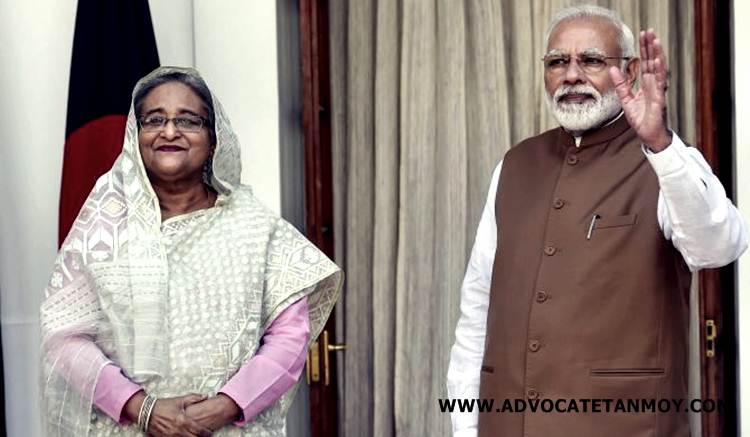
The recent announcement by Muhammad Yunus that Bangladesh's interim government will seek the extradition of former premier Sheikh Hasina from India has put the Indian government in a difficult position. With strained relations between the two countries and concerns over safety and stability, India must carefully weigh the pros and cons of complying with the request. This situation also raises questions about India's legal obligations and the potential impact on their relationship with Bangladesh's ruling parties.
Bangladesh's Extradition Request for Sheikh Hasina: India Faces Dilemma
Background
Muhammad Yunus, founder of the Grameen Bank and advisor to the interim government of Bangladesh, recently announced the government's intention to seek the extradition of former Prime Minister Sheikh Hasina from India. Hasina is currently in exile in India after being charged with corruption and other offenses by the interim government.
The announcement has strained relations between Bangladesh and India, which are already tense over territorial disputes and other issues. India has expressed concern over Hasina's safety and stability in Bangladesh, and faces a difficult decision regarding whether to comply with the extradition request.
India's Dilemma
India must carefully consider several factors:
Potential Consequences
If India agrees to extradite Hasina, it could damage relations with Bangladesh and lead to instability in the region. India could also be accused of violating its legal obligations and undermining its own democratic values.
If India refuses to extradite Hasina, it could further strain relations with Bangladesh and raise questions about its commitment to combating corruption. India could also face international criticism for interfering in another country's internal affairs.
Top 5 FAQs
1. What are the charges against Sheikh Hasina?
Hasina has been charged with corruption, extortion, and abuse of power during her time as Prime Minister of Bangladesh.
2. Why is India reluctant to extradite Hasina?
India is concerned about her safety and stability in Bangladesh, as well as the potential for violence and unrest in the region.
3. What is the legal basis for India to extradite Hasina?
India is bound by treaties to extradite criminals, but Hasina has not been convicted of any crimes in India. India may argue that the charges against her are politically motivated.
4. What are the potential consequences of India's decision?
If India agrees to extradite Hasina, it could damage relations with Bangladesh and lead to instability in the region. If India refuses, it could further strain relations with Bangladesh and raise questions about its commitment to combating corruption.
5. What is the likelihood of India extraditing Hasina?
The outcome is uncertain and will depend on a number of factors, including the strength of the evidence against Hasina, the political situation in Bangladesh, and India's own national interests.
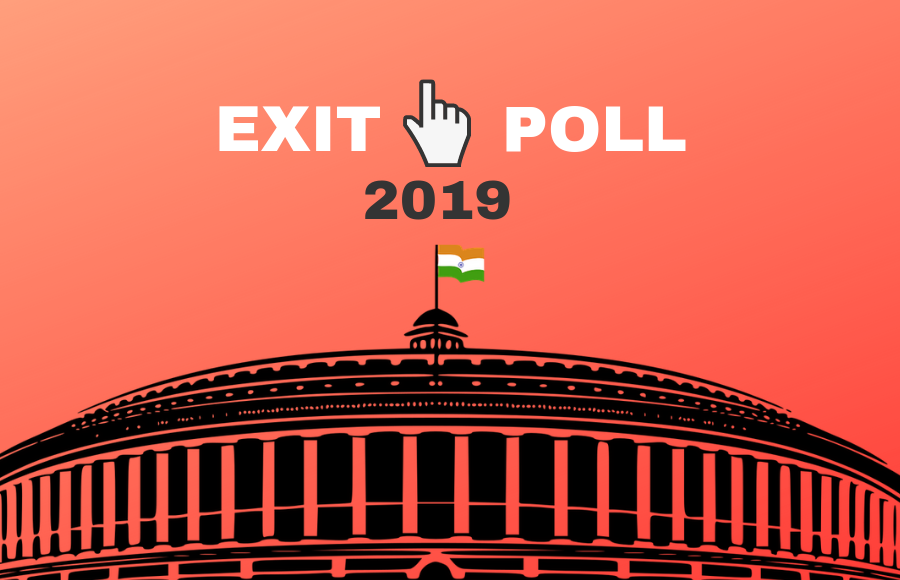
The recently concluded assembly elections in Maharashtra and Jharkhand have once again brought the accuracy of exit polls into question. These surveys, which aim to provide an idea about the voter's choice shift and expected results, have been plagued by inaccuracies in recent years. This article delves into the factors that contribute to inaccurate exit poll predictions, including sampling methods, voter honesty, and data analysis, using the 2019 Indian assembly elections as an example.
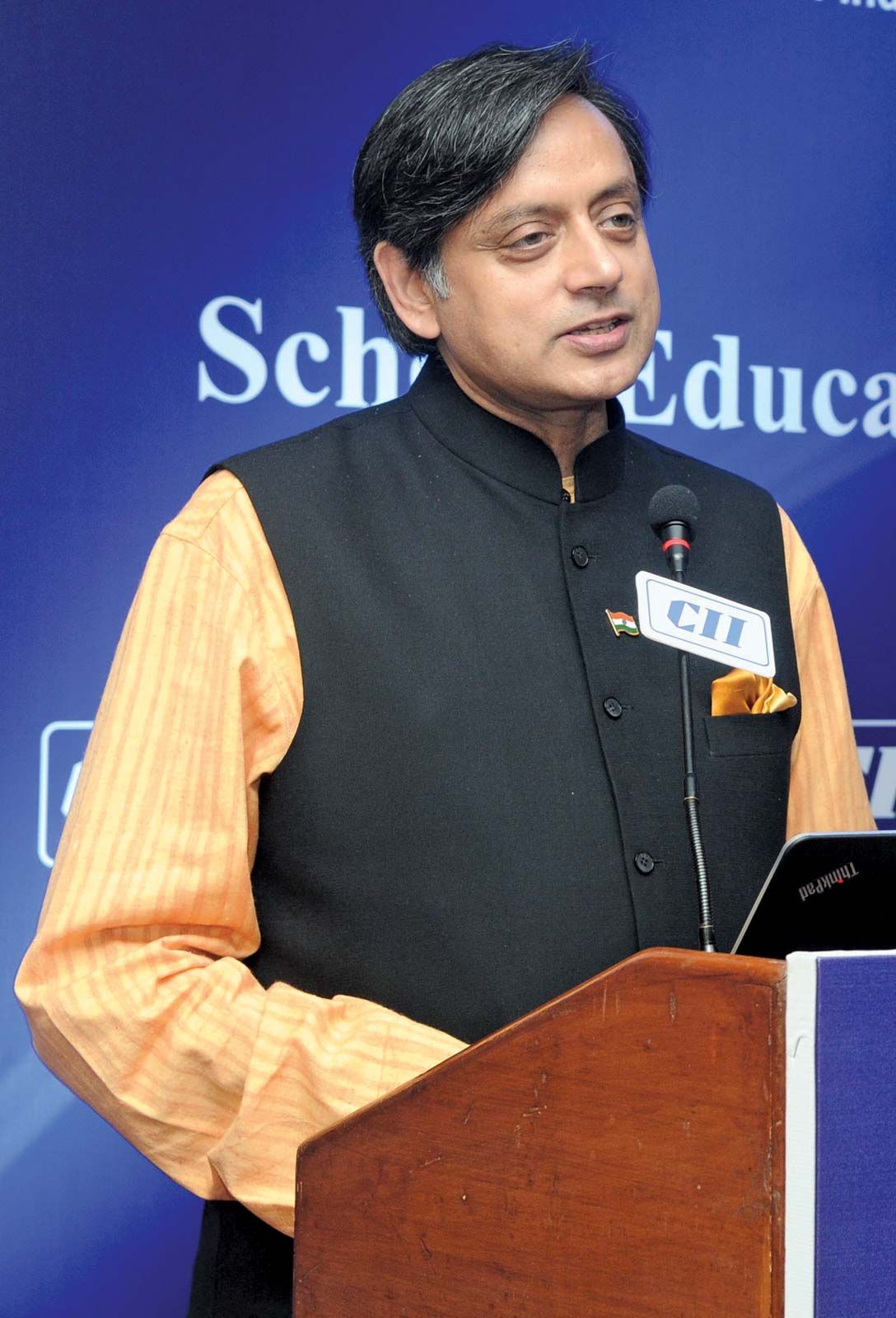
Congress leader Shashi Tharoor has slammed the central government for failing to address the alarming levels of air pollution in Delhi. Citing statistics showing Delhi as the most polluted city in the world, Tharoor expressed concern over the government's lack of action despite years of warnings. With the city's air quality reaching hazardous levels, Tharoor called for immediate measures to improve the situation.

The Supreme Court has granted four more weeks to the Centre to respond to Balwant Singh Rajoana's petition seeking commutation of his death sentence. Rajoana, a member of the militant Sikh separatist group Babbar Khalsa, was convicted in the assassination case of Punjab CM Beant Singh in 1995. The delay in deciding his mercy petition, which has been pending before the President for 1 year and 4 months, was deemed "shocking" by his lawyer. The court has adjourned the matter, with the Centre seeking more time to verify the status of the plea.
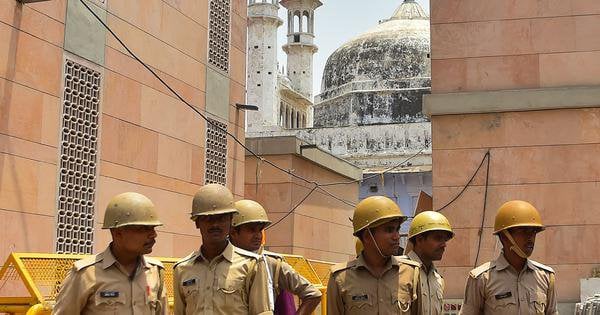
Police have filed seven FIRs in connection with the violent protests against the survey of the Shahi Jama Masjid in Sambhal, naming prominent Samajwadi Party leaders as accused. Three people were killed on Sunday, and one more person succumbed to their injuries on Monday as protesters clashed with security personnel. The district administration has imposed prohibitory orders and declared a holiday in all schools as a precautionary measure. A press conference by officials has confirmed the arrest of 25 people and efforts to identify others involved in the violence.
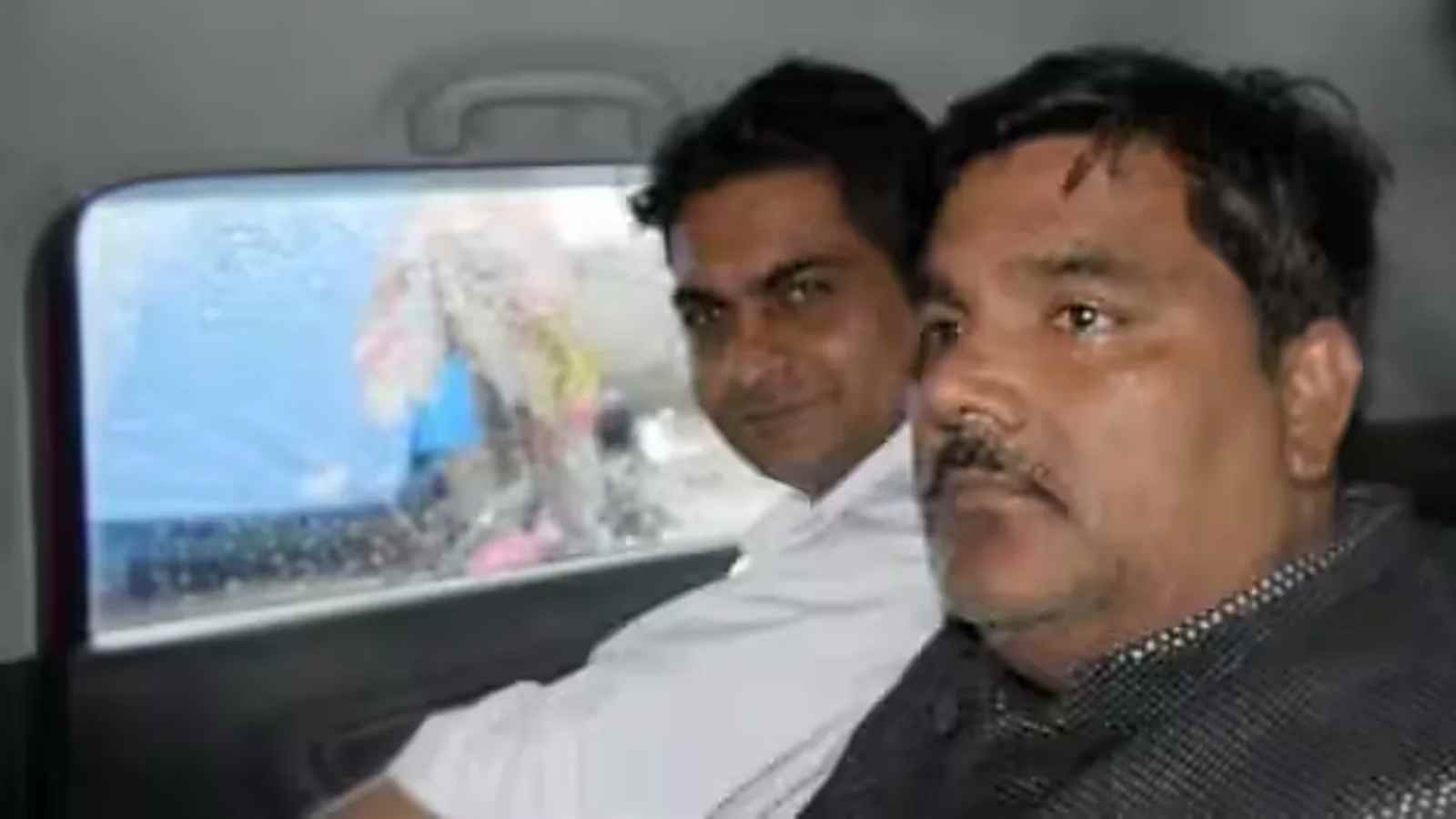
Yesterday, a Delhi court called the Special Director of Enforcement Directorate to appear in person after a counsel for the probe agency behaved offensively and disrespectfully towards the judge during a hearing for a money laundering case involving Karnataka Deputy Chief Minister DK Shivakumar. The judge felt that the agency's behavior was a threat to the court's dignity and issued a directive for appropriate action to be taken. This comes after an application was filed by an accused seeking the release of confiscated evidence. The ED, on the other hand, requested a 15-day adjournment leading the judge to record in the order about "higher-ups" exerting influence.
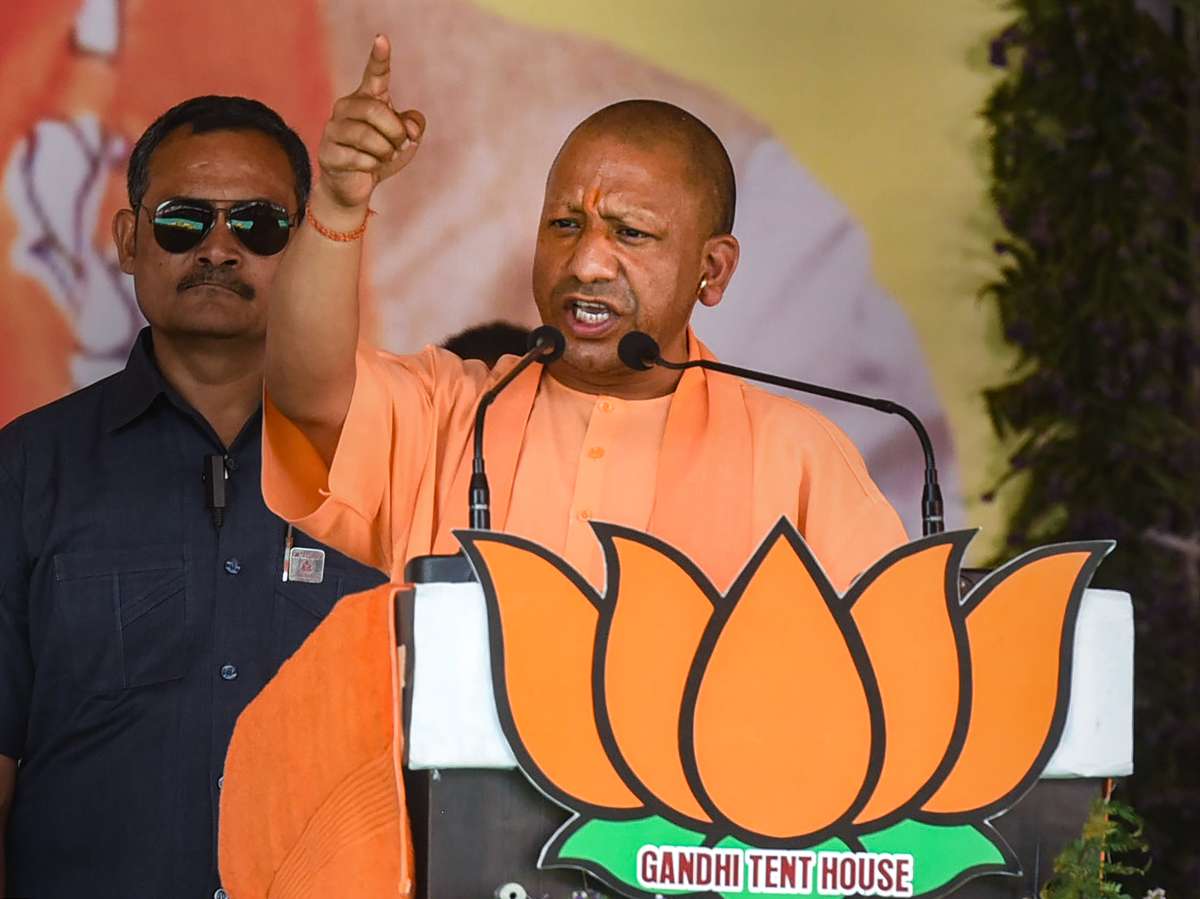
Uttar Pradesh Chief Minister Yogi Adityanath has made the decision to exempt the film 'The Sabarmati Report' from taxes in the state, joining several other BJP-ruled states in doing so. The film portrays the truth of the Sabarmati Express train burning incident in Gujarat and CM Yogi hopes more people can see it to understand the real narrative of the event. He congratulated the film's team for their efforts in exposing the truth and emphasized the need for such bold steps in exposing incidents that harm the nation and society. The screening was attended by top officials and lead actors, and the CM notably chose to sit in the last row of the multiplex during the show.
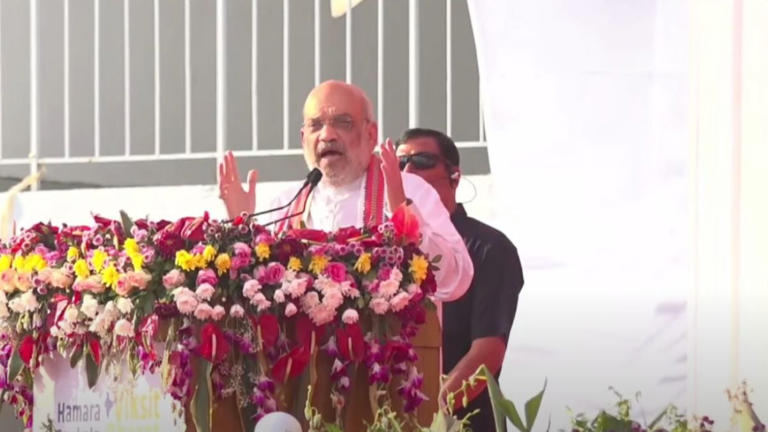
The Waqf (Amendment) Bill, which seeks to centralize government control over Waqf properties, has sparked debate and opposition from minority communities, civil society, and opposition leaders. As the Winter Session of Parliament approaches and the Joint Parliamentary Committee prepares to submit its report, all eyes are on whether TDP leader Chandrababu Naidu and JDU leader Nitish Kumar will support the government or the opposition. Amidst calls for more time for review, Union Home Minister Amit Shah has promised to pass the controversial bill, prompting further controversy and debate.
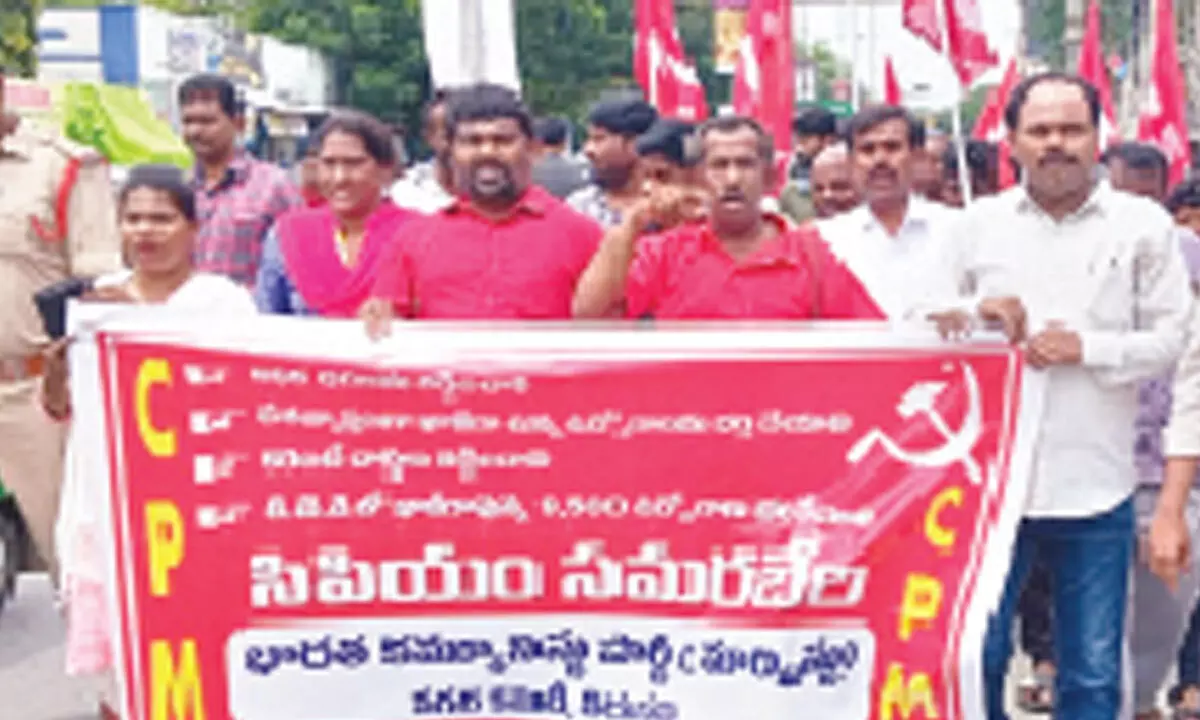
The Communist Party of India (Marxist) CPM held a public march in Tirupati on Sunday, demanding better facilities for devotees and addressing issues faced by contract workers. Party leaders highlighted their efforts to improve conditions at the Tirumala Tirupati Devasthanams (TTD), as well as the rising cost of living and unemployment in the city. They called on the TTD to allocate a budget for the city's development and played a key role in resolving grievances of forest and contract workers.

Once known only as Hemant Soren's wife, Kalpana Soren has now established herself as a key leader in Jharkhand Mukti Morcha (JMM). She played a pivotal role in the party's victory in the recent legislative assembly elections, and her potential roles in the new government are being speculated. With no prior political experience, Kalpana has become a formidable figure in Jharkhand politics, earning the admiration and support of both her family and the people.